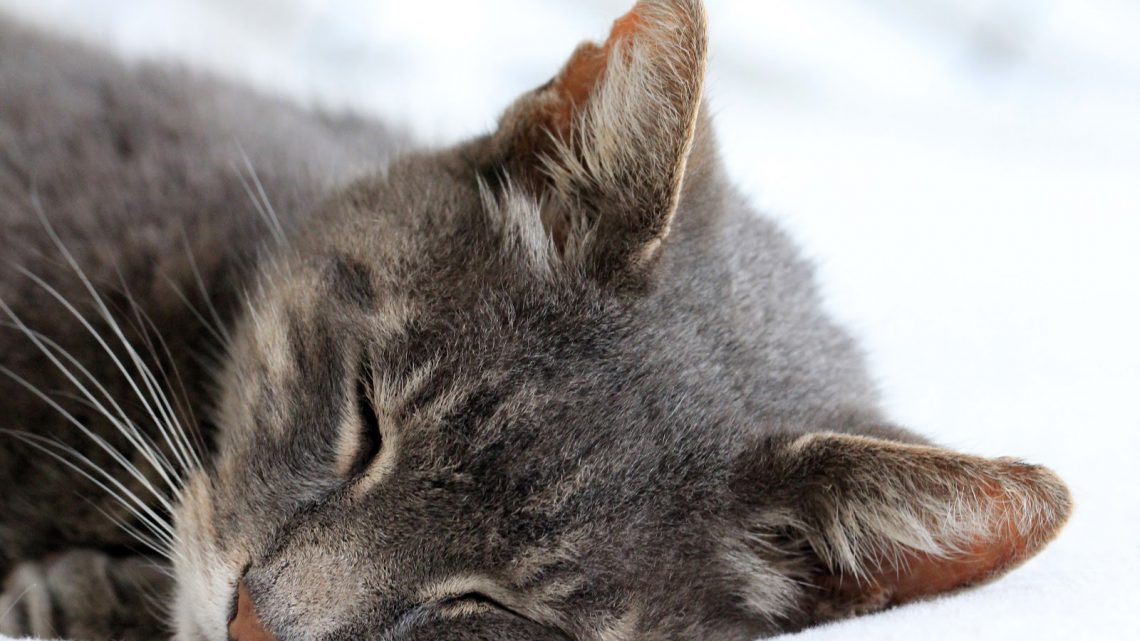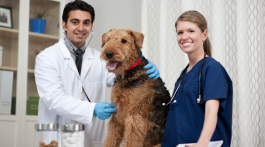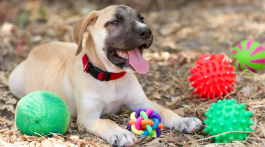Caring For Pets
Our pets are the lifeblood for us, they love us unconditionally and provide comfort when we need it the most. It is our duty to offer them the best care we can possibly provide.
What to Feed Your Pet
There is a large variety of pet foods available and the price is not always a good indicator of quality or enjoyment. Most pets have a preference for a certain type of food, ask the previous owner what type of food the pet is used to having and then select something similar.
It can be difficult to get your pet used to a new type of food, however mixing the new food with the old food over a few days can help ease them into the change.
Provide a Good Home
Pets are reflective of the homes they live in, if they have a good home they will be good pets. Give your pet a warm and comfortable place to sleep will be a great start. The area must be cleaned at least once a week, this is especially true for smaller pets, such as fish and rodents. For these pets, not having a clean home can result in a high mortality rate as they have little means to escape their environment.
Going to the Vet
Taking your pet to the vet when they are sick is very important. Pets are not usually able to communicate when something is wrong, so look for differences in their behaviour. Are they less active than usual? Are they acting differently, itching or coughing? These are all signs that a vet visit may be required.
If the cost of a vet is stopping you from making a visit, you should look into pet insurance as a way to cover some of the burden. Some vets can offer subscription services that include consulting fees. Think of it as prepaying for you vet bills, you should check local suppliers for these.
Exercising your Pet
Not all pets require exercise (such as fish and hermit crabs), but the vast majority need some daily activity to keep them entertained and healthy. The amount of exercise will vary based on the type of pet you have:
- Small Rodents – Ideally spending at least 2 hours a day outside if their cage is perfect for these small pets. For Rabbits and Guinea Pigs you can use a pen or, if it is secure, supervised outdoor play. For Rats and other smaller pets inside play time is best.
- Cats – If you are willing to put in the time to train them, they can be walked on a leash. This is important if they are kept inside, and has the added benefit of protecting wildlife.
- Dogs – Walking at least twice a day is best for dogs, the distance you need to cover will be based on the breed. If walking is too slow many dogs are happy to jog or can be trained to retrieve sticks and balls.





[…] for humans is so harmful to dogs. But it is one small chemical in the chocolate that does the most harm to dogs. The toxin in chocolate is Theobromine, and it acts in a similar way to caffeine. However, dogs […]
[…] the type of pet is not especially important, as you can get as much out of a goldfish and you might with a dog, […]